

King Charles III and Queen Camilla are welcomed to Apia for the Commonwealth leaders meeting. Photo/CHOGM
Photo/CHOGM
The future of the Commonwealth
The dust has settled at the Commonwealth leaders meeting in Sāmoa, but questions linger - did it actually achieve anything?


Realm relations in focus as Tokelau-NZ marks 100-year history
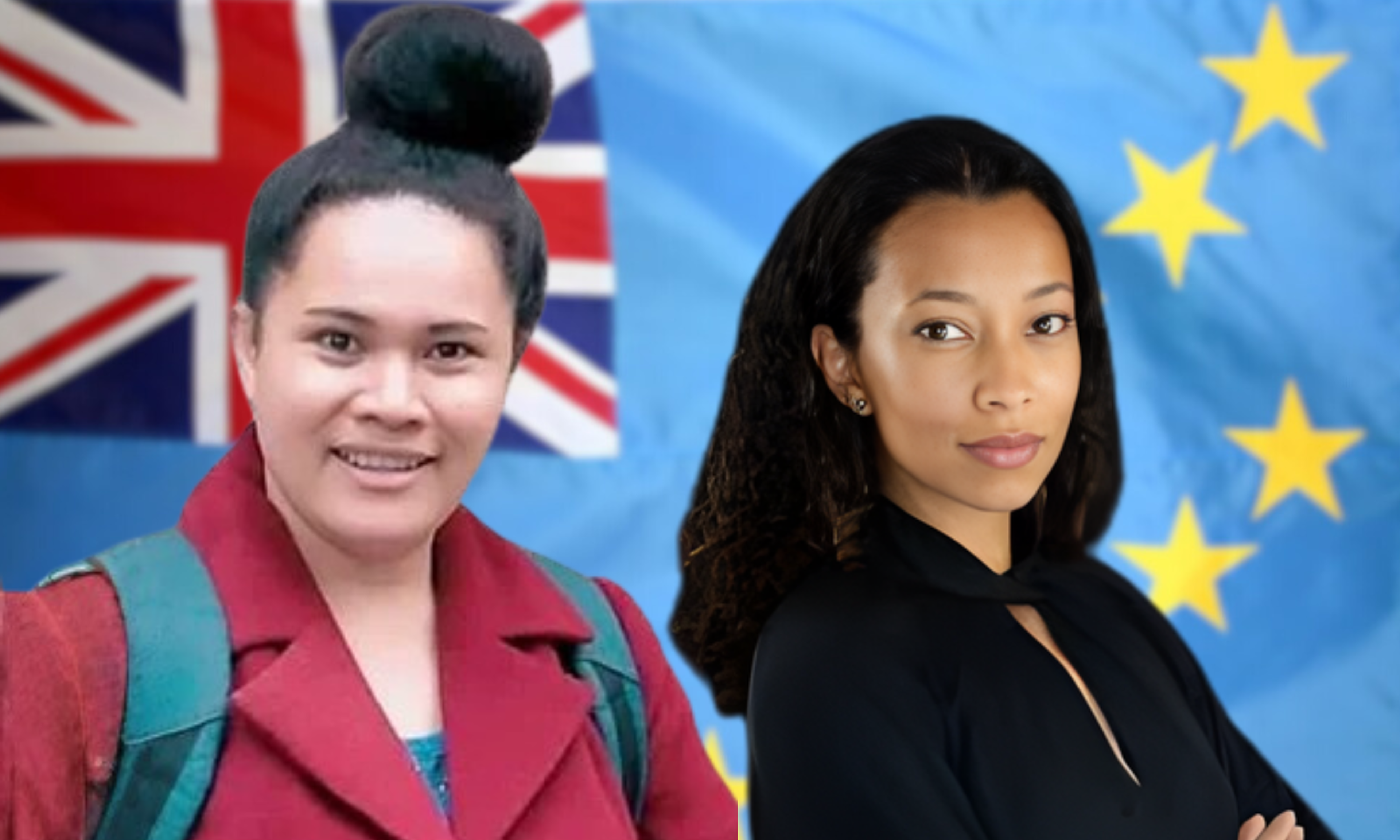
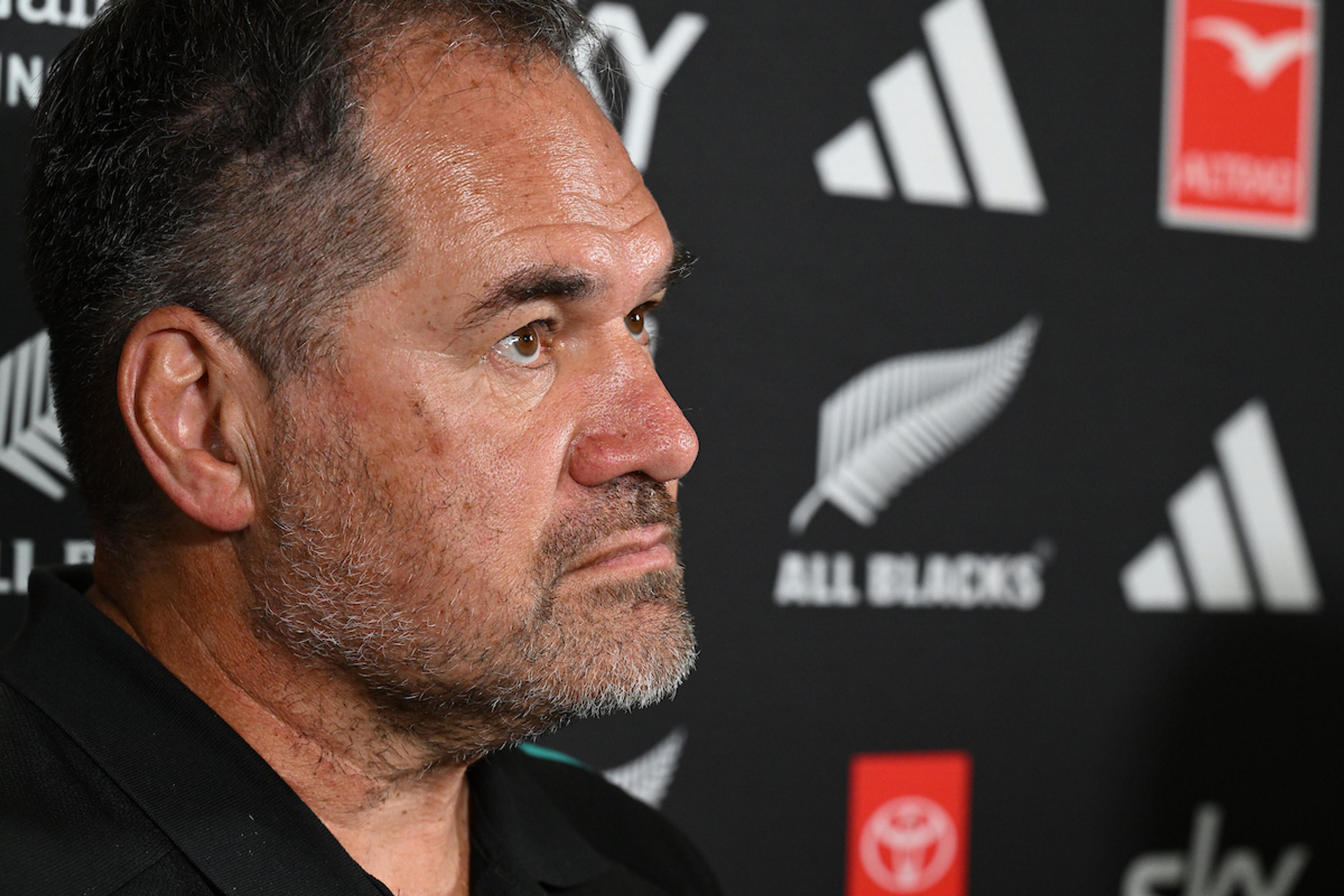
Dave Rennie becomes first All Blacks coach of Pacific heritage


Realm relations in focus as Tokelau-NZ marks 100-year history


Dave Rennie becomes first All Blacks coach of Pacific heritage
Sāmoa was able to demonstrate to the global community, on behalf of the Pacific, that we can host international gatherings such as the Commonwealth Heads of Government Meeting or CHOGM, a Pacific political expert says.
But Tess Newton Cain says several issues are significant for Pacific Island nations of the post-colonial organisation.
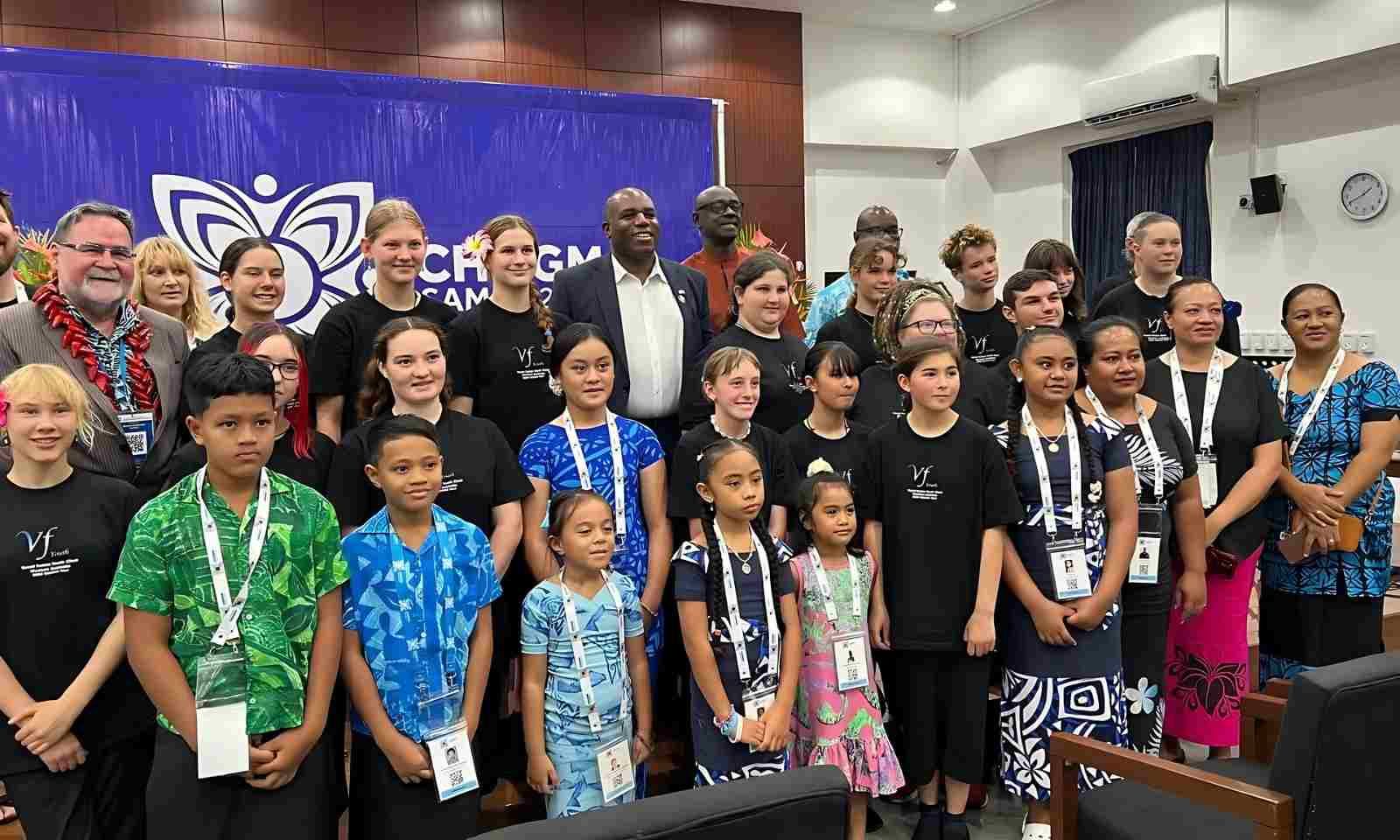
For the first time at CHOGM, children aged from four to 14 became the youngest delegates. Photo/CHOGM
She says as expected, climate change featured prominently in the discussions, with more than 30 mentions including three that referred to the "climate crisis".
She told Pacific Mornings' William Terite that this will resonate highly for Pacific members, as will the support for the United Nations Climate Change Conference, COP31 in 2026, to be jointly hosted by Australia and the Pacific.
But Cain said one of the glaring contradictions of this joint COP bid was illustrated by the lack of any call to end fossil fuel extraction in the outcomes of the Apia summit.
Papua New Guinea’s decision to boycott the upcoming COP29 in Azerbaijan underscores the frustration felt by many smaller nations over "empty promises".
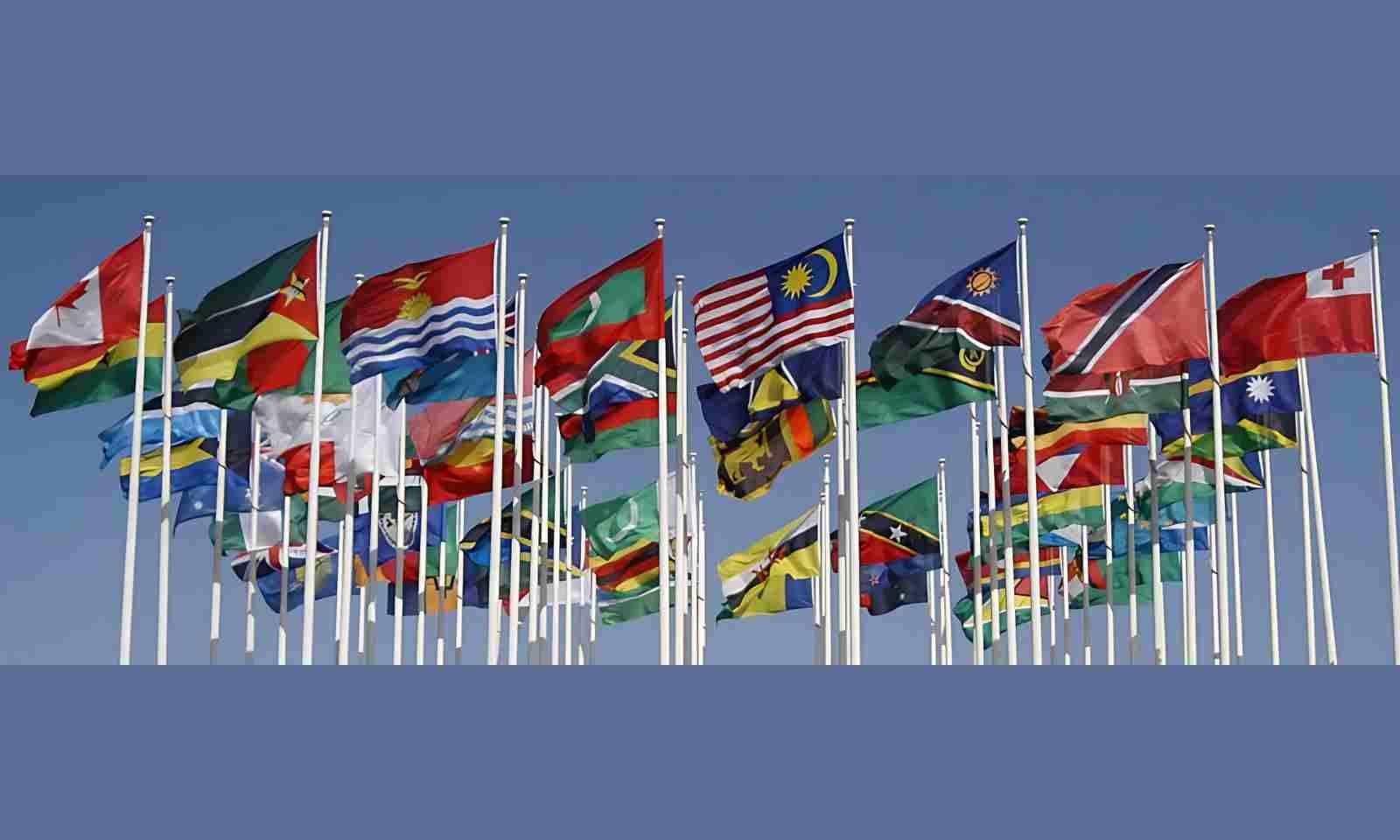
Flags of the 56-member states of the Commonwealth. Photo/CHOGM
"Tuvalu, Fiji, and Vanuatu used the CHOGM in Sāmoa to launch the latest Fossil Fuel Non-Proliferation Treaty Initiative report, with a focus on Australia's coal and gas mining," Cain told Terite.
"This reflects the diversity of Commonwealth membership, which includes some states whose economies remain reliant on fossil fuel extractive industries.
"Obviously, 56 states have stated their position on climate change. The fact that it comes before COP is possibly interesting. It gives a chance for these states to caucus around what they want to take to COP.
"But I think we did see some noticeable exceptions and possibly the biggest one is a lack of a commitment to move away from fossil fuel extraction."
Sāmoa, Vanuatu, and the small island states have been at the forefront of the global climate campaign, including developed nations such as Australia, India, and Canada, which Cain says are "much more fossil fuels-focused and would possibly find it difficult to sign up to something that said, we're going to do away with fossil fuels altogether".
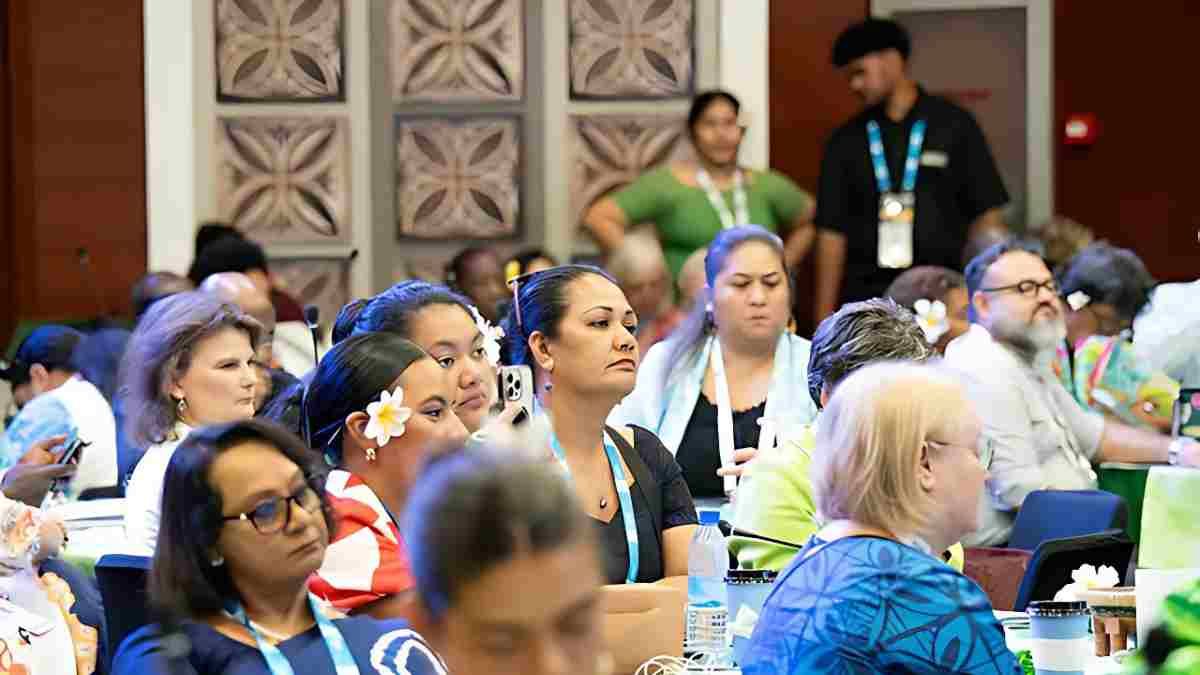
More than 3000 delegates from the 56-member nations gathered in Apia last month. Photo/CHOGM
"That illustrates what we know about other multilateral forums to get something that everyone can sign up to. It can lead to it looking a little bit weak or flimsy in some areas."
More than 3000 delegates from more than 50 member states were in Apia for the weeklong event from 21-26 October including King Charles III - his first as head of the Commonwealth - and Queen Camilla.
Representatives from the Pacific included Fiji, Kiribati, Nauru, Papua New Guinea, Solomon Islands, Tonga, Tuvalu, Vanuatu, Australia, and New Zealand.
Every two years, officials from the 56 member countries gather to decide the policy and activities of the Commonwealth. The first meeting was held in Singapore in 1971. Aotearoa hosted the leaders in 1995, and Sāmoa became the first Pacific island nation last month.
Future of the Commonwealth
Questions have been raised about Britain's decision not to address the legacy of slavery in Apia, given the significant population of the Commonwealth is from the African and Caribbean nations.
Some leaders had hoped that Charles would use his speech as an opportunity to apologise for Britain's colonial past.
While he acknowledged the "painful" past amid the calls for slavery reparations, Charles did not directly engage with the issue.
“I understand from listening to people across the Commonwealth how the most painful aspects of our past continue to resonate. It is vital, therefore, that we understand our history to guide us to make the right choices in the future,” he said.
“Where inequalities exist … we must find the right ways and the right language to address them. As we look around the world and consider its many deeply concerning challenges, let us choose within our Commonwealth family, the language of community and respect and reject the language of division.”
British Prime Minister Keir Starmer, under pressure from other leaders to engage in a "meaningful, truthful, and respectful" conversation about Britain's past, appeared to open the door to non-financial reparations for the United Kingdom's role in transatlantic enslavement.
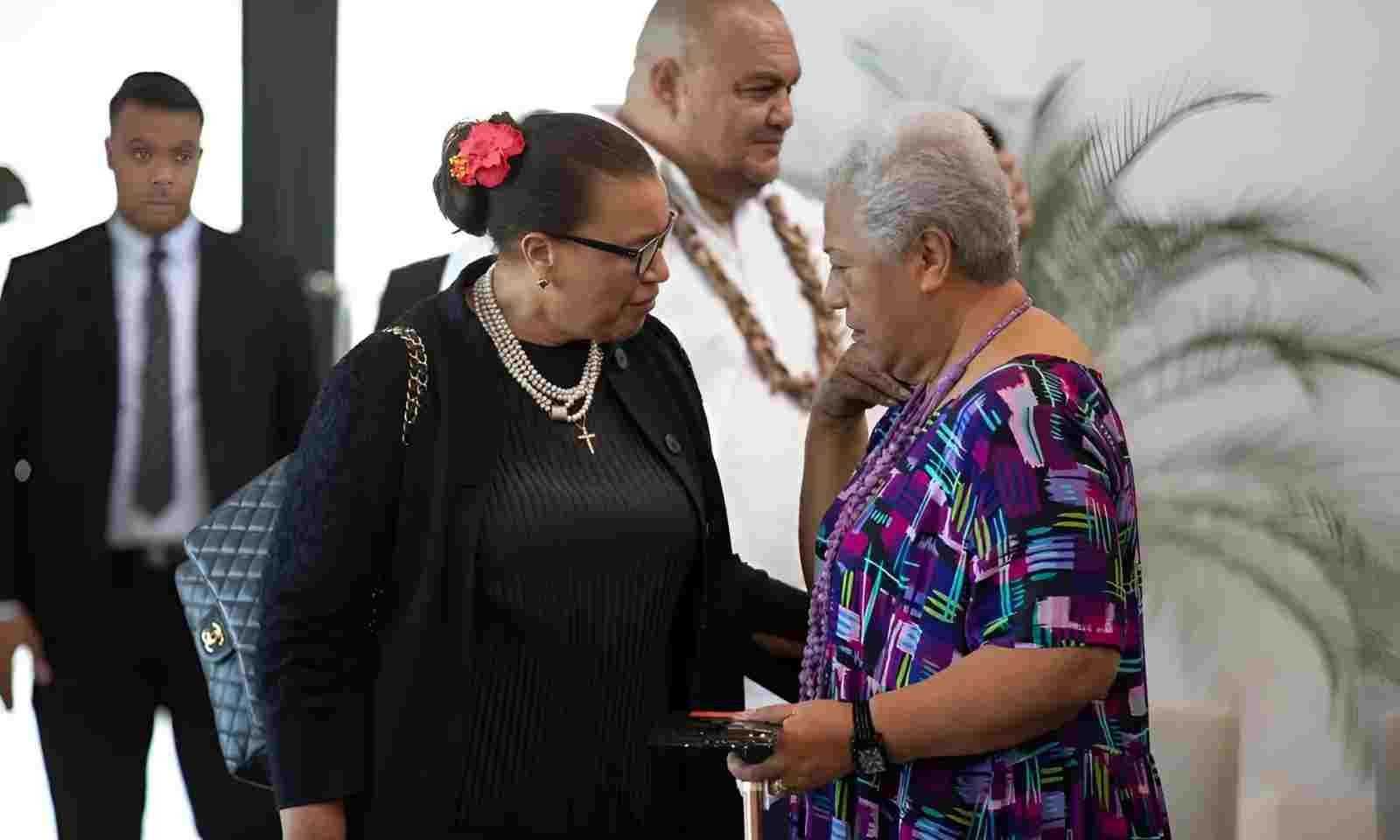
Ougoing Commonwealth secretary-general Patricia Scotland and Sāmoan Prime Minister Fiamē Naomi Mata'afa in Apia. Photo/CHOGM
Outgoing Commonwealth secretary-general Patricia Scotland paid some attention to the concerns about colonial legacies in her speech saying, "For 75 years, we have demonstrated an unparalleled ability to confound the painful history which brought us together and sit together as equals".
'State of flux'
Cain says in terms of what it means for the Commonwealth moving forward, "that's still up for debate.
"The Commonwealth is in something of a state of flux, a transition mode. We've got King Charles coming in as head of the Commonwealth, replacing his mother, for whom the Commonwealth we know held a lot of importance for her.
"There'll be a new secretary general, chosen from within the African states, and that's likely to have some impact. We know that she and other members of the states are very keen to progress this work around reparative justice in relation to the impacts of particularly the slave trade among Commonwealth members.
"The role of the UK as a global power, possibly a waning global power that's seeking to re-establish itself and sees the Commonwealth as a vehicle for that, I think will also come into play. So, there's a lot to watch."

Sāmoa has been hailed for hosting CHOGM last month. Photo/CHOGM
Pacific perspective
Cain says it's important to realise that that text does make specific reference to blackbirding.
"That is a significant issue for Australia and particularly the countries that were victims of blackbirding, Vanuatu, New Caledonia, not a member of the Commonwealth, Solomon Islands.
"Whilst it's maybe not been a big topic of conversation, as this work goes forward, it'll be interesting to see how this conversation grows, if at all, among Pacific communities."
Cain says the Ocean Declaration would resonate with the Pacific members.
While it's not the first document, Cain was surprised that "it's taken the Commonwealth so long to come up with one, given the member states have ocean boundaries.
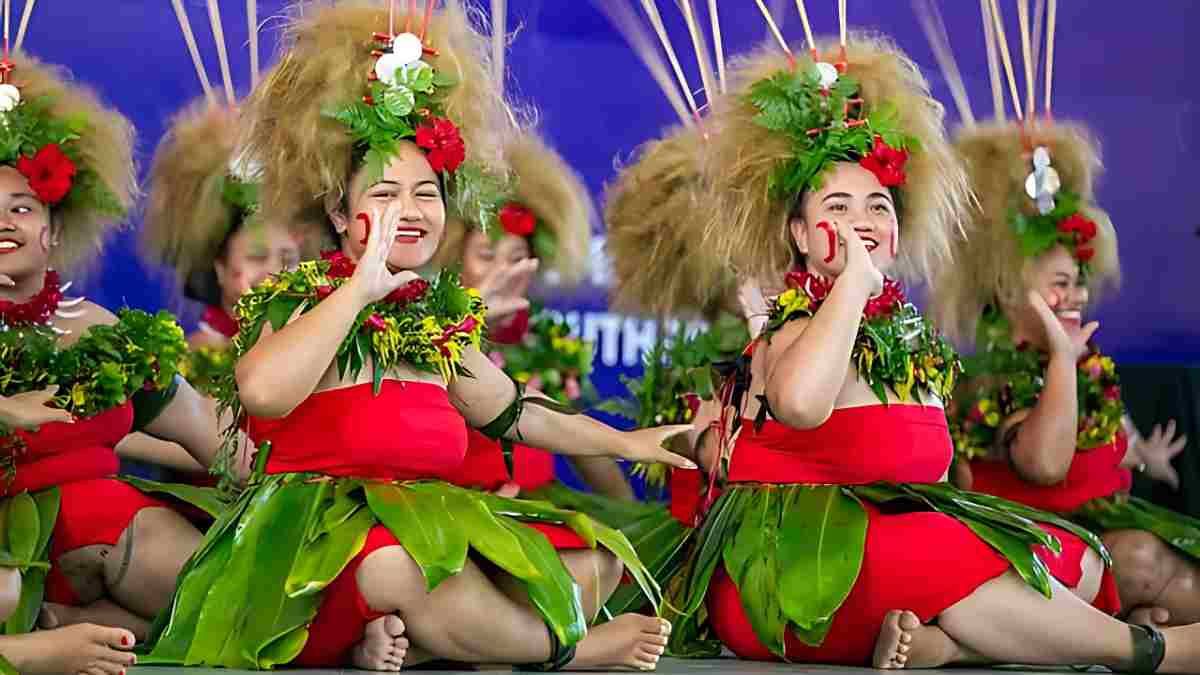
Sāmoans welcomed more than 3000 delegates to Apia. Photo/CHOGM
"I think a significant absence from that declaration is that there is absolutely no mention of deep-sea mining. Now we know that this is a really key issue for a number of Pacific states. We know it's a fault line among the members of the Pacific Islands Forum.
"I wasn't in the room. I don't know how that text was arrived at, but I would imagine that Canada would have been quite wary of going too far down the deep-sea mining road.
"The metals company, which is a very active private sector organisation in this space, is a Canadian company. So, I think we can expect that to have played into it.
"But I think certainly for a number of activists and a number of Pacific leaders, including Vanuatu, that will be a bit of a disappointment that it doesn't get a mention."
The republic issue
As part of their Autumn Tour, Charles and Camilla visited Australia before heading to Apia where the King was heckled by an Indigenous senator, Lidia Thorpe, at a royal reception in parliament.
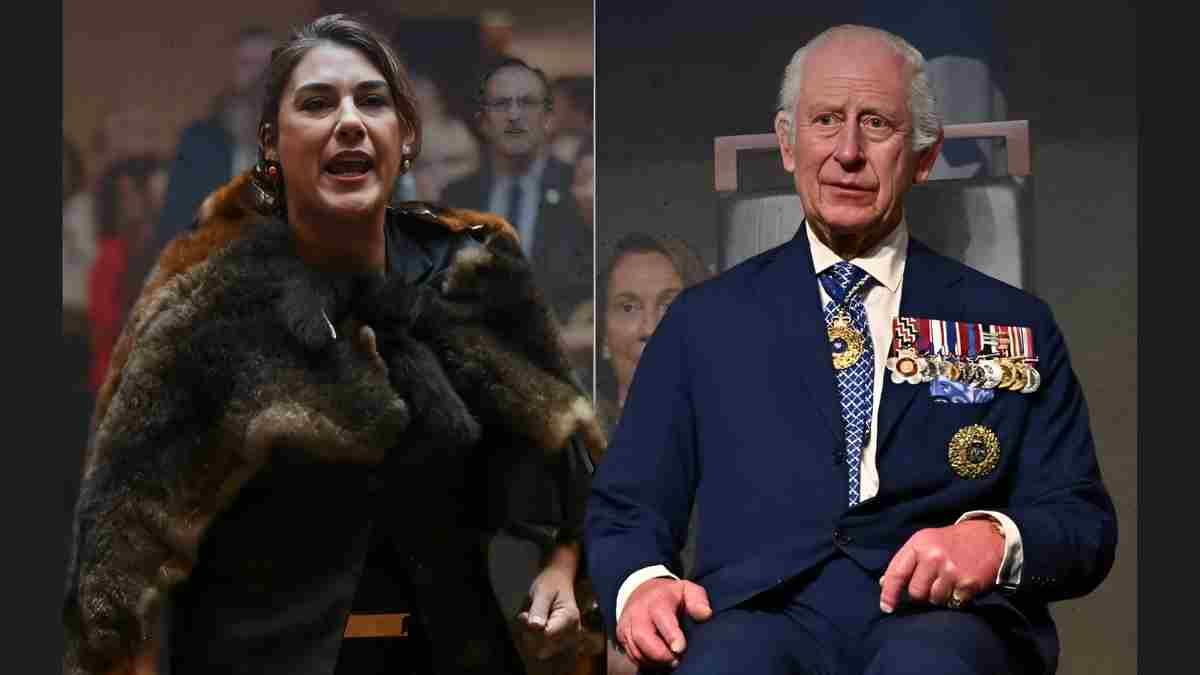
King Charles III looks on as Australian indigenous senator Lidia Thorpe confronts him in parliament. Photo/2GBSydney
The Gunnai, Gunditjmara, and Djab Wurrung politician shouted, "You are not our King" and "This is not your land" at the British monarch.
"There was a sense that if that conversation were to change, it wouldn't happen until after the death of Queen Elizabeth II," Cain says.
"In terms of what we saw in Australia, the premiers didn't meet with the king. They kind of said, well, we've got other things to do. So, I think that sense of royalty as a drawcard is possibly waning.
"You can still be a member of the Commonwealth if you're a republic. So, Vanuatu is a republic. but is a member of the Commonwealth. So you don't have to have the king as your head of state. You can have the best of both worlds if you like."
Leaders at the Sāmoa summit announced Shirley Ayorkor Botchwey, Ghana's Minister for Foreign Affairs and Regional Integration, will replace Scotland as secretary-general.
The next Commonwealth leaders meeting will be held in the Eastern Caribbean nation of Antigua and Barbuda's capital St John's in 2026.